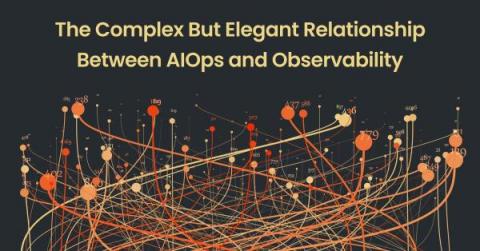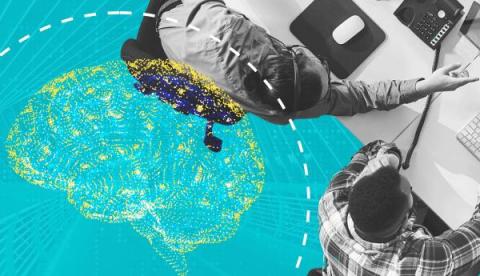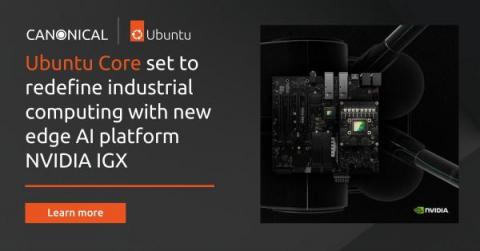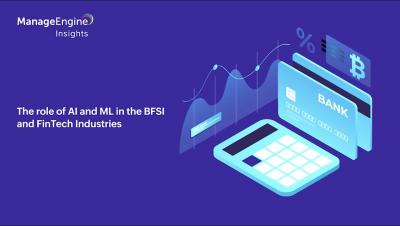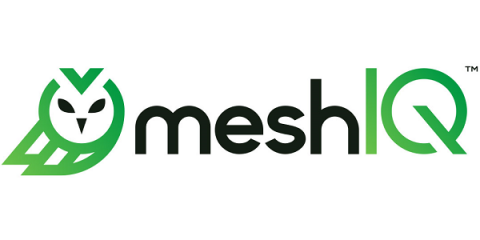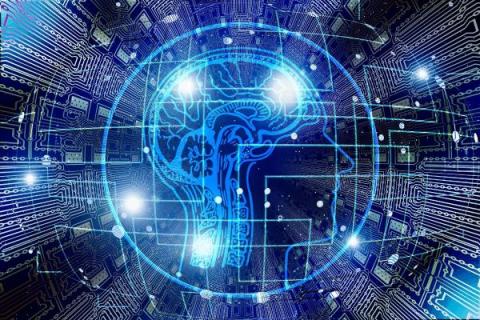Operations | Monitoring | ITSM | DevOps | Cloud
AI
The Complex But Elegant Relationship Between AIOps and Observability
Digital transformation requires organizational evolution. Constant demand for rapid delivery of upgrades and new products forces change. Surely, the old days of managing monolithic applications housed in private servers are over. Applications consist of virtualized, containerized, and serverless code that’s networked via APIs across a hybrid infrastructure of public and private clouds.
What is AIOps? The Importance of Artificial Intelligence for IT Operations
Ubuntu Core set to redefine industrial computing with new edge AI platform NVIDIA IGX
Enterprises struggle to bring AI and automation to the edge due to strict requirements and regulations across verticals. Long-term support, zero-trust security, and built-in functional safety are only a few challenges faced by players who wish to accelerate their technology adoption.
The role of AI and ML in the BFSI and FinTech industries
The Difference Between Artificial Intelligence And Machine Learning
Both Artificial Intelligence and Machine Learning are complex things. There are so many things to know. These days human life has changed because of AI. So, before understanding the differences, let’s know about different factors. If I have to say the difference in simple words. AI helps us solve various tasks; on the other hand, Machine Learning is the subset of AI’s specific tasks. So, you can say that all Machine Learning is AI, but all AI is not machine learning.
Data Value Gap - Data Observability and Data Fabric - Missing Piece of AI/AIOps
Strategies to Align AI Data Collection and Management with DevOps Practices
Designing AI systems: Fundamentals of AI software and hardware
Artificial intelligence is already solving problems in all aspects of our lives, from animation filmmaking and tackling space exploration, to fast food recommendation systems that improve ordering efficiency. These real-world AI systems examples are just the beginning of what is possible in an AI Everywhere future and they are already testing the limits of compute power.



